Have you heard about an asteroid close-approach happening on April 29? Asteroid 1998 OR2 poses no threat to our planet, but we can still learn a lot by studying it. Don’t miss a special Planetary Defense episode of NASA Science Live on Monday, April 27 at 3:00 p.m. EDT to learn how we find, track and monitor asteroids and near-Earth Objects.
Category: asteroid/comet impacts – Page 27
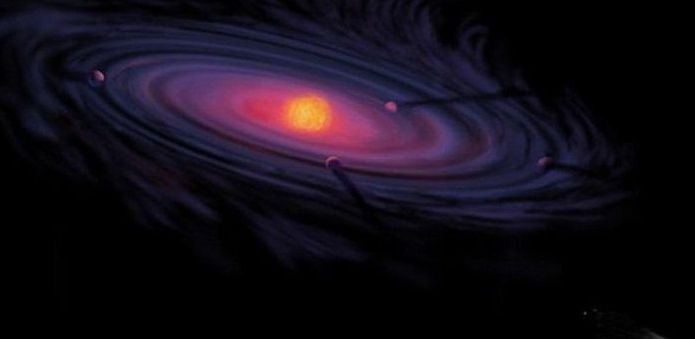
Astronomers Just Identified 19 More Asteroids They Think Are Interstellar
The Solar System has been here for a long time. So, when ’Oumuamua was spotted in 2017, it was almost a dead cert it wasn’t the only object from interstellar space to visit us over that 4.57 billion-year history. Then comet 2I/Borisov showed up last year. That basically clinched it.
But where are the rest of our interstellar visitors? We’ll probably find a few more flying in from the wilds in the coming years. And, according to new research, a whole bunch of interstellar asteroids have been hanging out right here in the Solar System for a very long time.
Based on how they move around the Sun, a team of researchers has identified 19 asteroids they think were captured from another star, way back when the Solar System was just a few million years old.
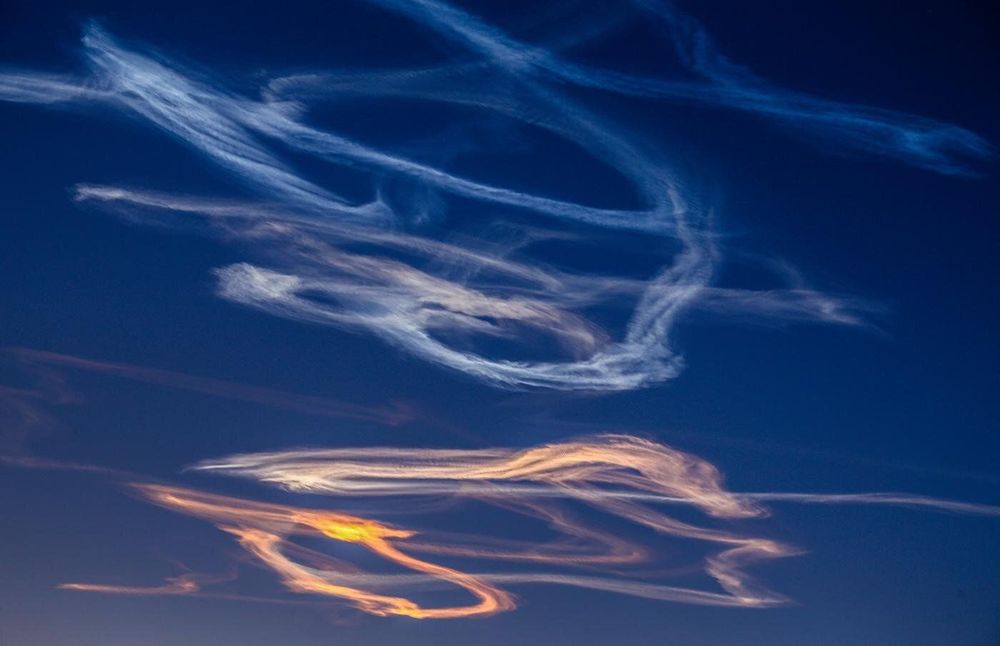
Arizona meteorite fall points researchers to source of LL chondrites
The Dishchii’bikoh meteorite fall in the White Mountain Apache reservation in central Arizona has given scientists a big clue to finding out where so-called LL chondrites call home. They report their results in the April 14 issue of Meteoritics and Planetary Science.
“LL chondrites are fairly common meteorites with low-oxidized and low metallic (LL) iron content,” said Peter Jenniskens, the lead author and meteor astronomer with the SETI Institute and NASA Ames Research Center. “We want to know where they originated because the damaging Chelyabinsk airburst of February 15, 2013 in Russia, was caused by a particularly large 20-meter sized LL chondrite.”
LL chondrites originate from somewhere in the asteroid belt between Mars and Jupiter, where a parent body broke up and created a family of asteroids long ago. Occasional collisions with those family members eject rocks into orbit around the Sun. When these small asteroids collide with Earth’s atmosphere, they cause a bright meteor from which pieces survive sometimes and fall on the ground as meteorites.
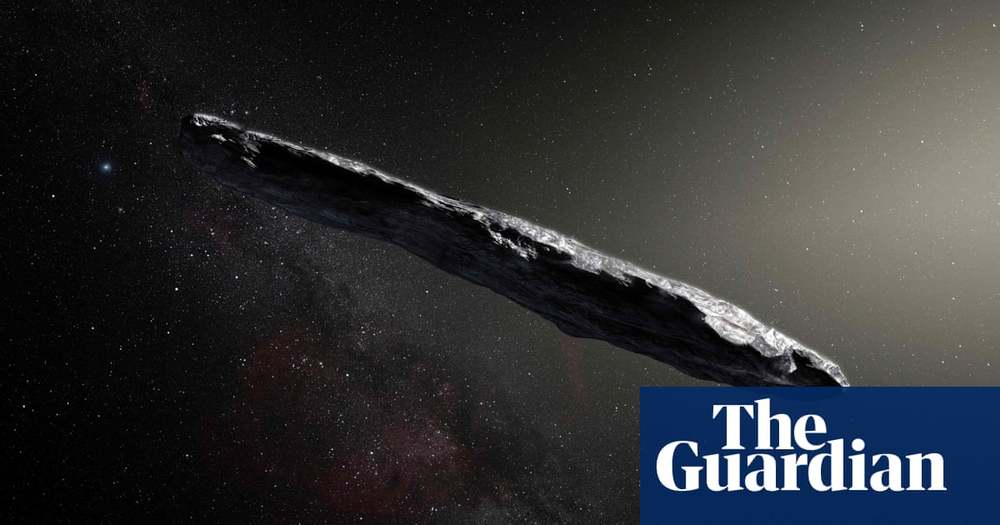
Interstellar object ‘Oumuamua believed to be ‘active asteroid’
The cigar-shaped interstellar visitor to our solar system known as ‘Oumuamua could be the remnants of a larger body that was torn apart by its host star, according to researchers.
The dark, reddish object that hurtled into our solar system in 2017 and was named after the Hawaiian word for messenger or scout has long puzzled scientists.
Among its peculiarities is the lack of an envelope of gas and dust that comets typically give off as they heat up. Further work by experts suggested the body was accelerated by the loss of water vapour and other gases – as seen with comets but not asteroids. The upshot was that ‘Oumuamua was labelled a “comet in disguise”.
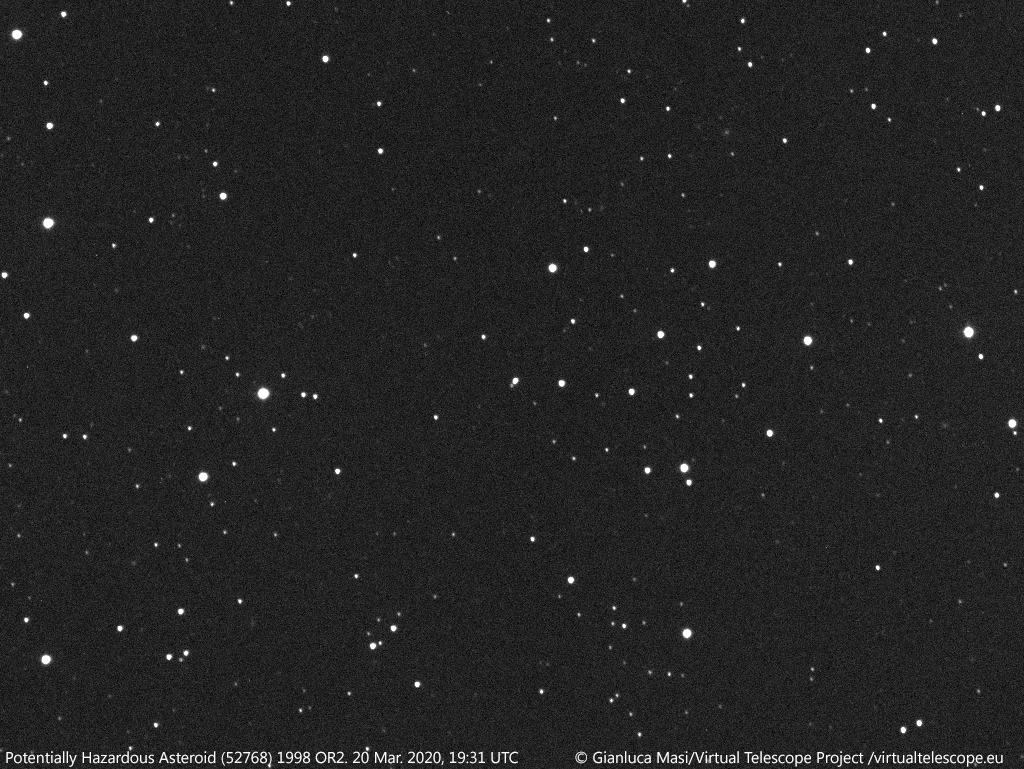
Huge asteroid 1998 OR2 will zip harmlessly
The huge “potentially hazardous” asteroid 1998 OR2 is just a few weeks away from its close encounter with Earth, and you can watch the giant space rock’s approach online or with a small telescope.
While asteroid 1998 OR2 is large enough to wreak havoc on Earth if it were to strike our planet, it won’t come anywhere near a collision when it flies by on April 29.
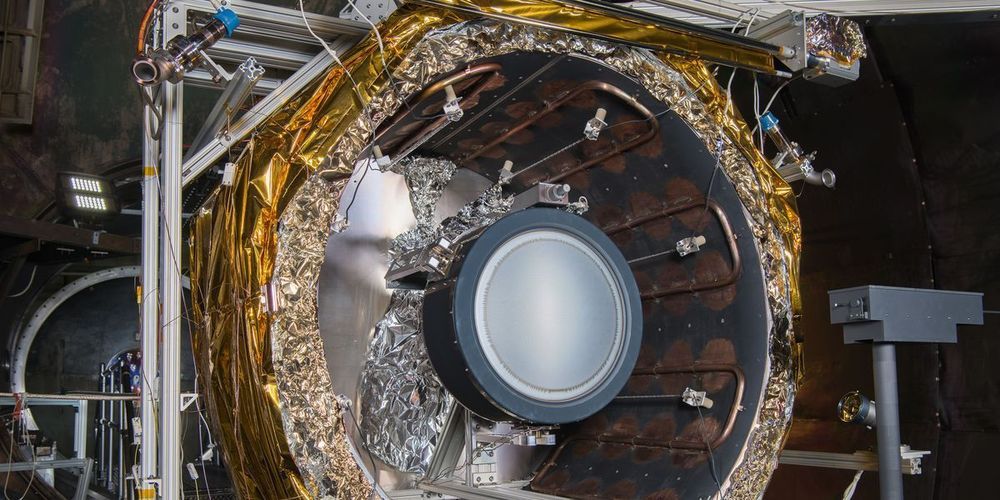
This Engine Could One Day Save Us From Planetary Disaster
Didymos, a 2,650-foot-wide asteroid, has an atypical cosmic companion— a 535 foot-wide satellite named Didymoon (10). These new two celestial bodies are not making a dangerous rendezvous with Earth, but they do provide an interesting opportunity for an apocalyptic dress rehearsal. NASA and ESA’s Double Asteroid Redirection Test (DART) will head to Didymos, to knock Didymoon off course. Along with its six picture-snapping Italian Space Agency cubesats, the mission will also send a follow-up ESA spacecraft named Hera to definitively answer if we can manipulate the trajectory of Earth-bound asteroids.
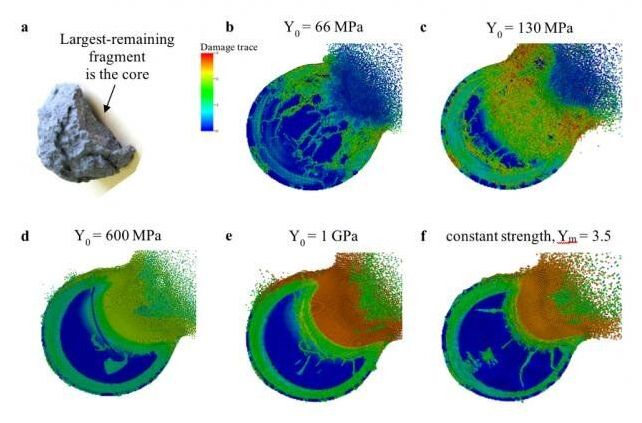
Planetary defenders validate asteroid deflection code
Planetary defense researchers at Lawrence Livermore National Laboratory (LLNL) continue to validate their ability to accurately simulate how they might deflect an Earth-bound asteroid in a study that will be published in the April issue of the American Geophysical Union journal Earth and Space Science.
The study, led by LLNL physicist Tané Remington, also identified sensitivities in the code parameters that can help researchers working to design a modeling plan for the Double Asteroid Redirection Test (DART) mission in 2021, which will be the first-ever kinetic impact deflection demonstration on a near-Earth asteroid.
Asteroids have the potential to impact Earth and cause damage at the local to global scale. Humankind is capable of deflecting or disrupting a potentially hazardous object. However, due to the limited ability to perform experiments directly on asteroids, understanding how multiple variables might affect a kinetic deflection attempt relies upon large-scale hydrodynamic simulations thoroughly vetted against relevant laboratory‐scale experiments.
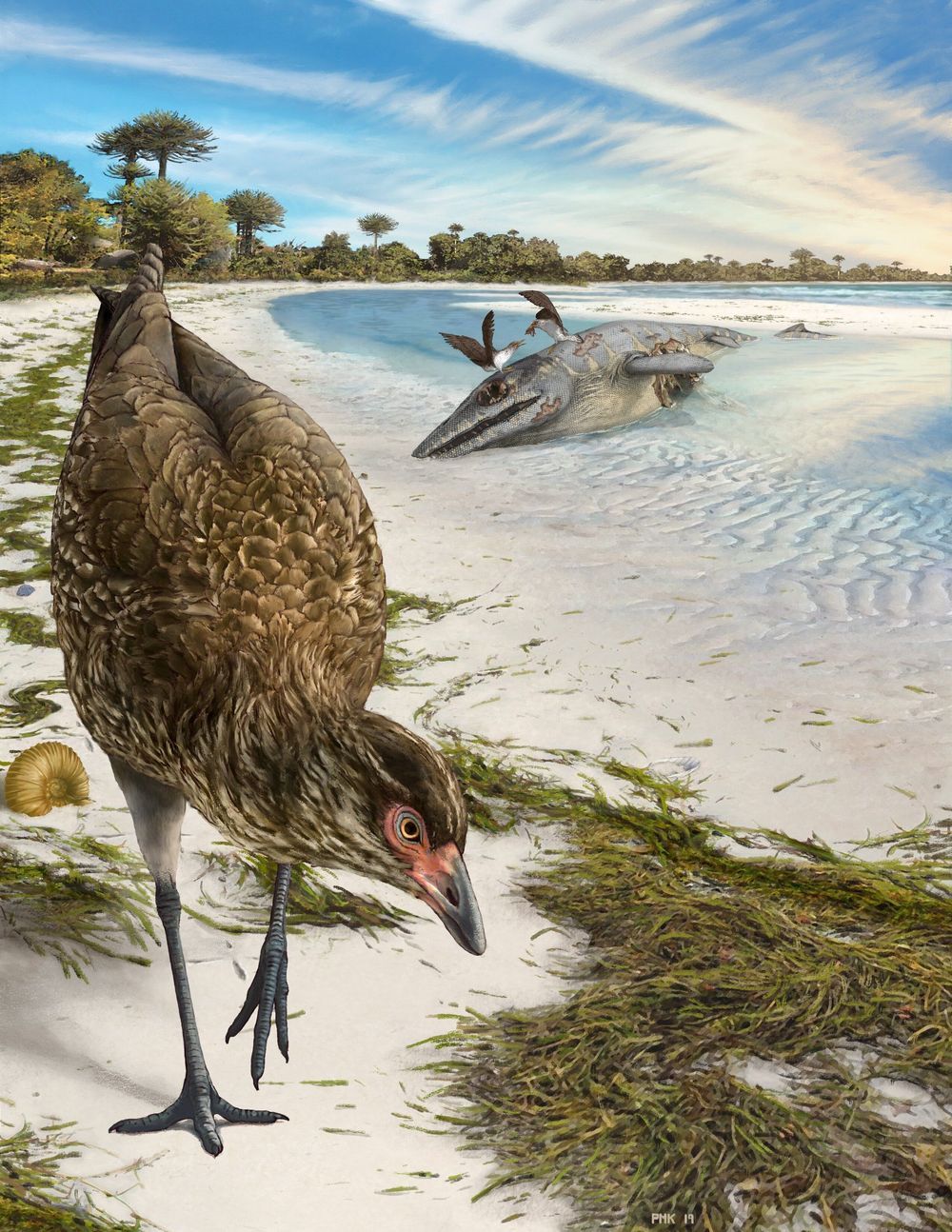
‘Wonderchicken’ fossil from the age of dinosaurs reveals origin of modern birds
The oldest fossil of a modern bird yet found, dating from the age of dinosaurs, has been identified by an international team of palaeontologists.
The spectacular fossil, affectionately nicknamed the ‘Wonderchicken’, includes a nearly complete skull, hidden inside nondescript pieces of rock, and dates from less than one million years before the asteroid impact which eliminated all large dinosaurs.
Writing in the journal Nature, the team, led by the University of Cambridge, believe the new fossil helps clarify why birds survived the mass extinction event at the end of the Cretaceous period, while the giant dinosaurs did not.
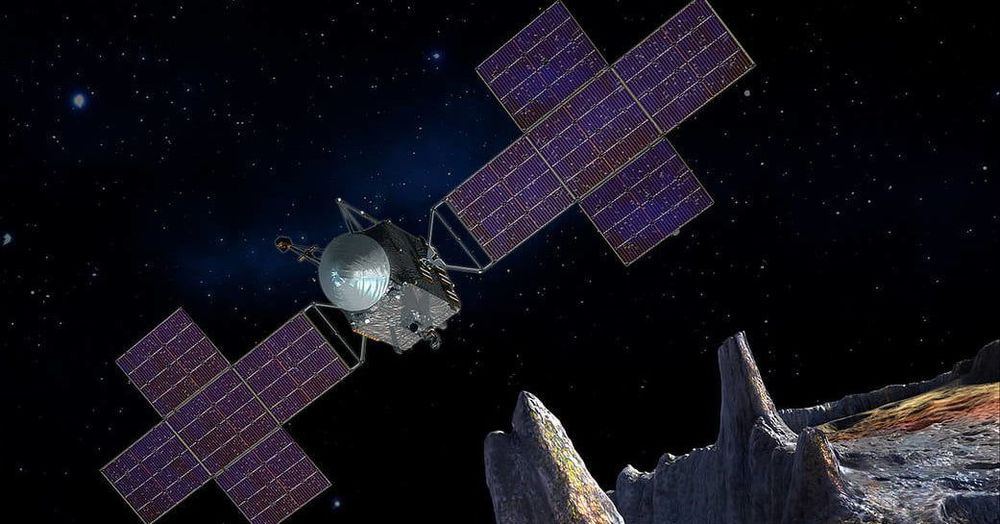
SpaceX to Launch NASA’s Psyche Mission to Metal Asteroid
NASA has contracted SpaceX to carry out the launch for its upcoming Psyche mission to a strange metal asteroid in our solar system. The launch will use one of SpaceX’s Falcon Heavy rockets, for a cost of $117 million.
“The Psyche mission will journey to a unique metal-rich asteroid, also named Psyche, which orbits the Sun between Mars and Jupiter,” NASA explained in a statement. “The asteroid is considered unique, as it appears to largely be made of the exposed nickel-iron core of an early planet — one of the building blocks of our solar system.” Astronomers believe that studying this unusual asteroid could help us to understand how planets develop, including planets like Earth.
“Deep within rocky, terrestrial planets, including Earth, scientists infer the presence of metallic cores, but these lie unreachably far below the planet’s rocky mantles and crusts,” NASA said. “Because we cannot see or measure Earth’s core directly, the mission to Psyche offers a unique window into the violent history of collisions and accretion that created terrestrial planets.”
MIT scientists create doomsday AI that will take over during end times
A team of scientists at MIT have developed a computer program that will help humans decide how to best deal with the end of the world, so long as that comes in form of a catastrophic asteroid collision.
Experts say there as many as two or three new asteroids, sometimes called ‘Near Earth Objects,’ discovered every night.
It’s inevitable that one of these asteroids will eventually end drifting into a collision course with Earth.